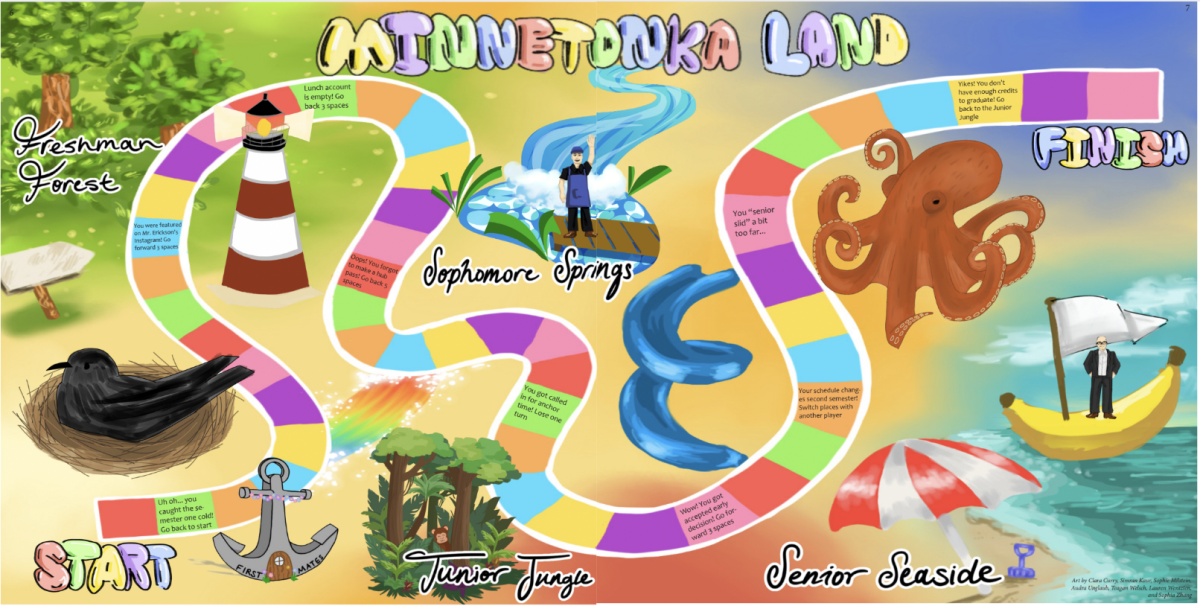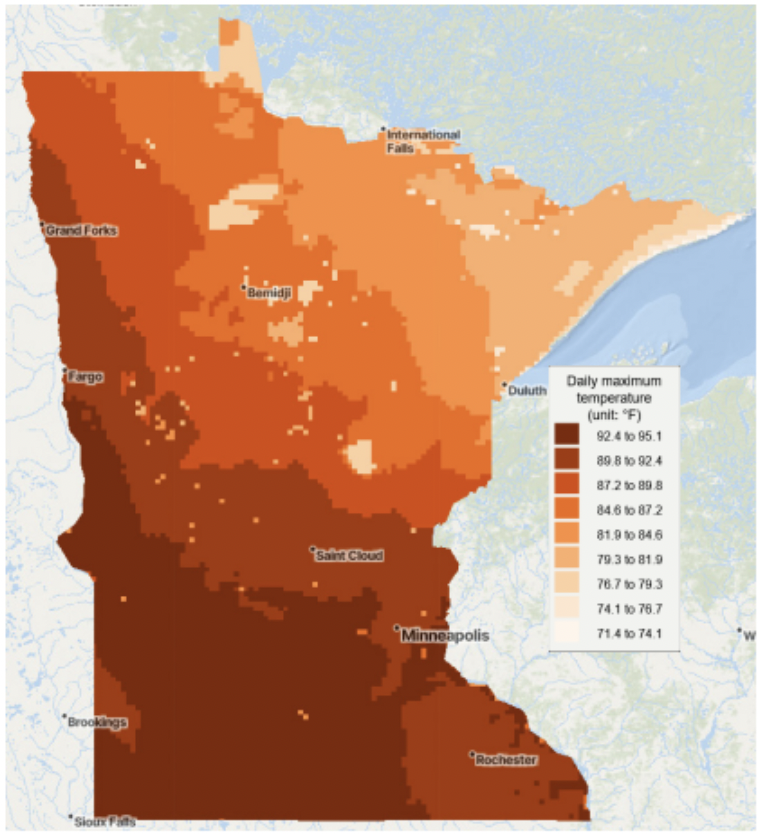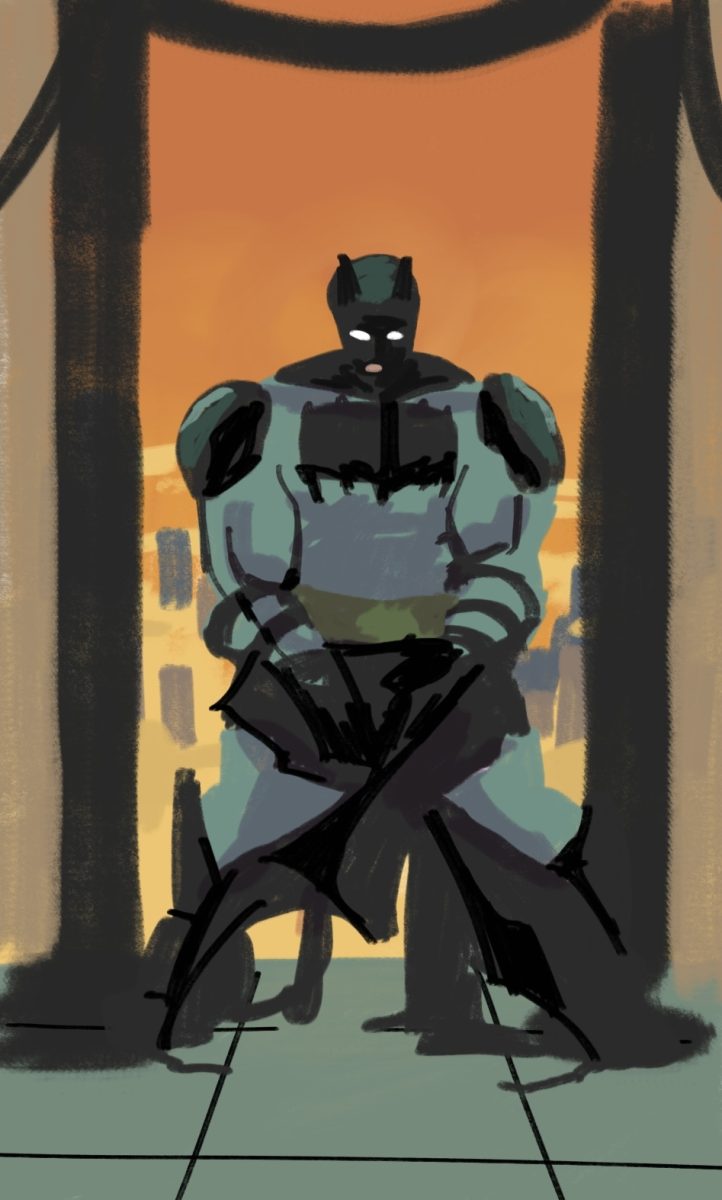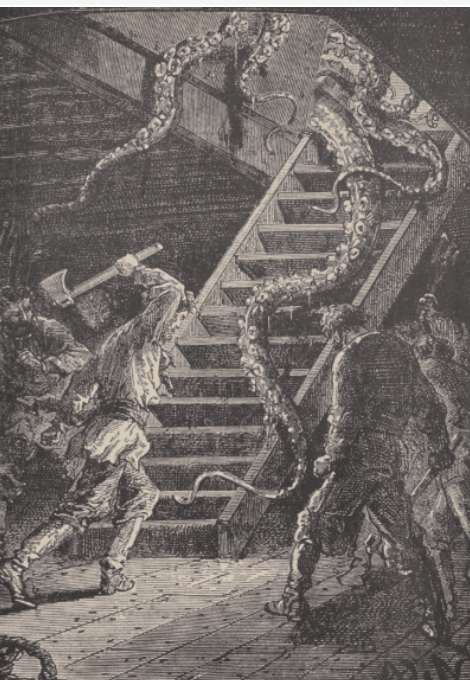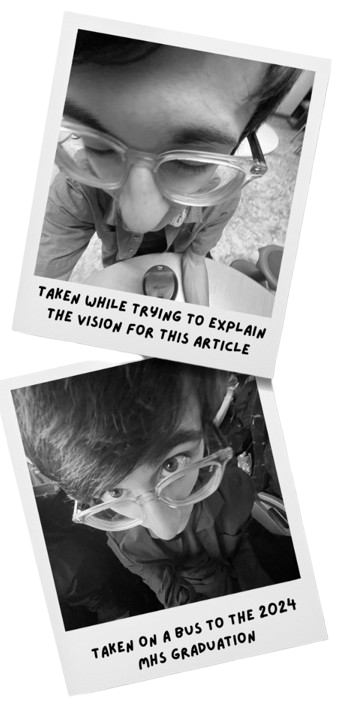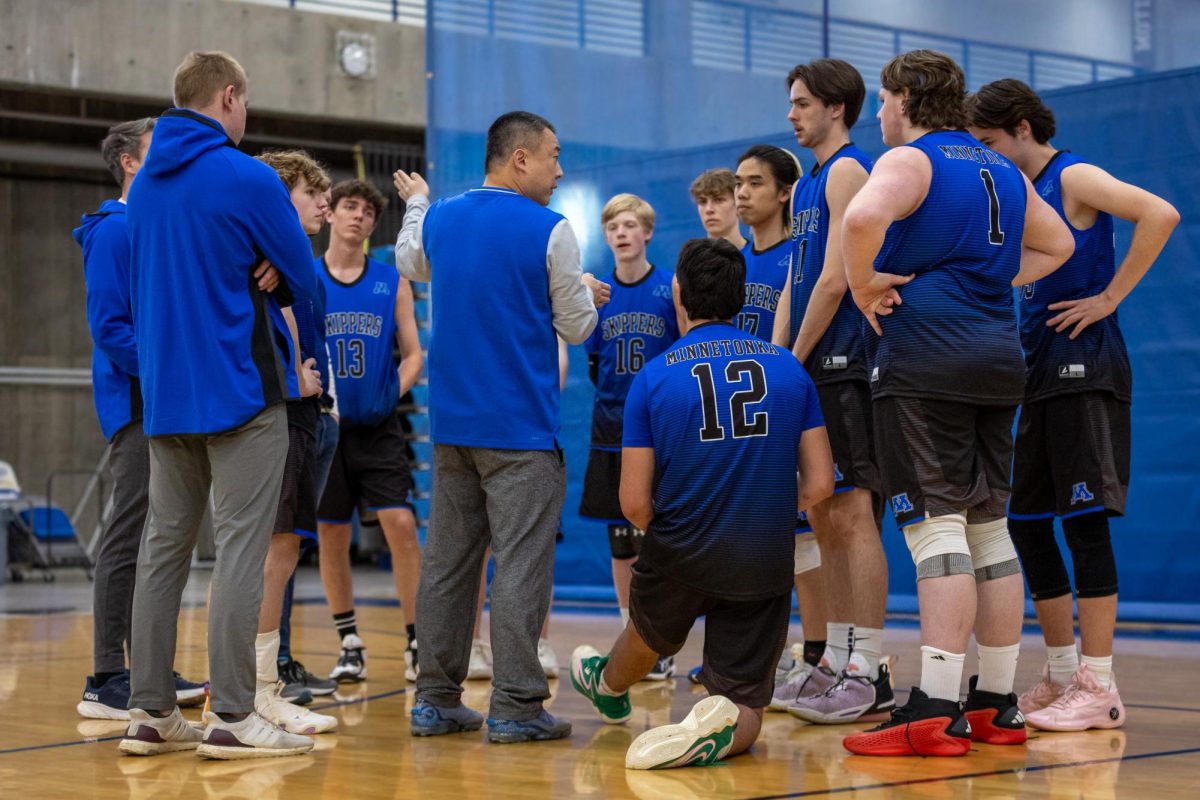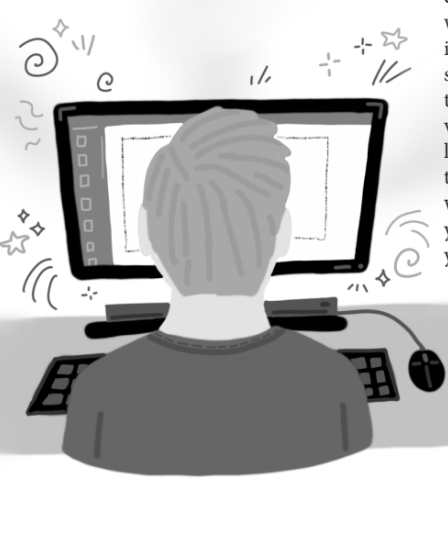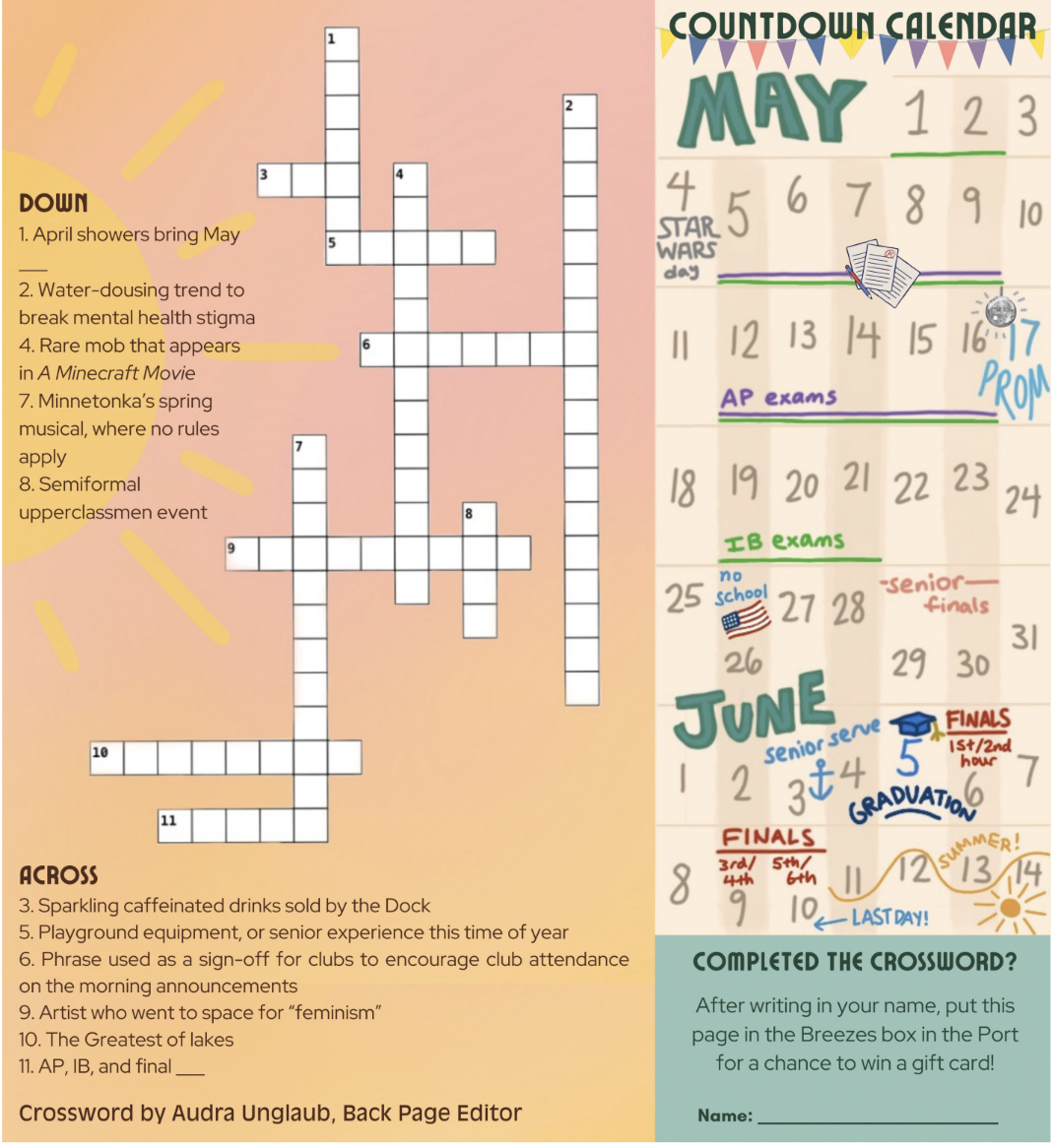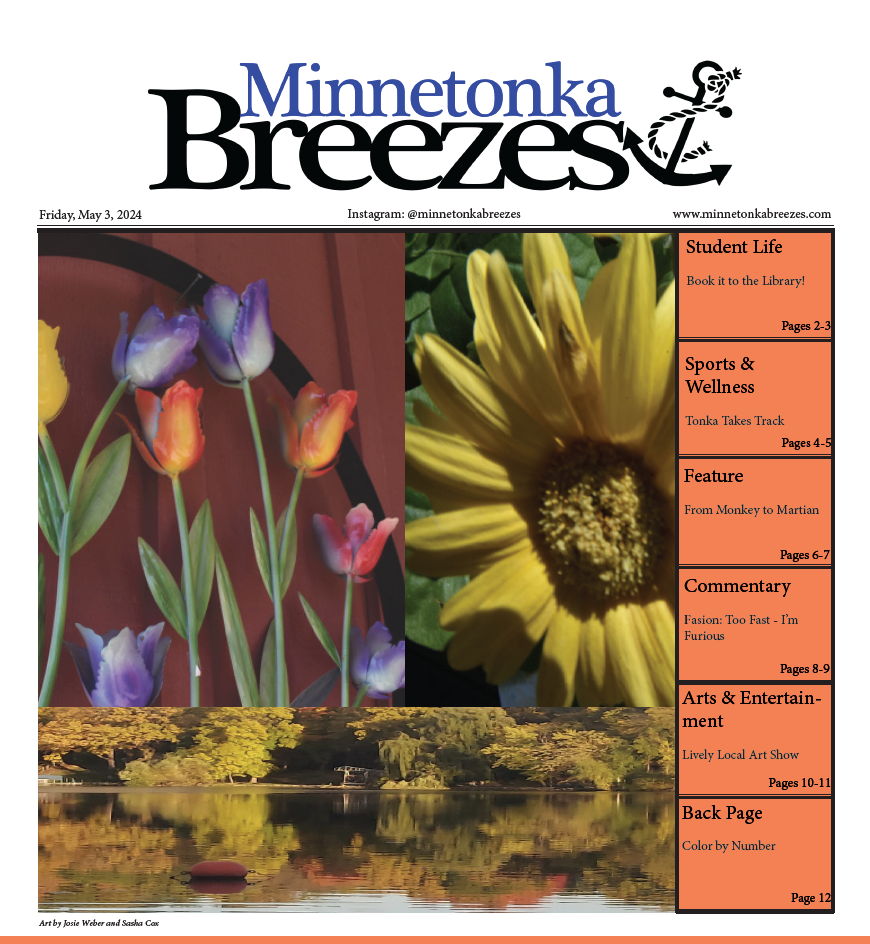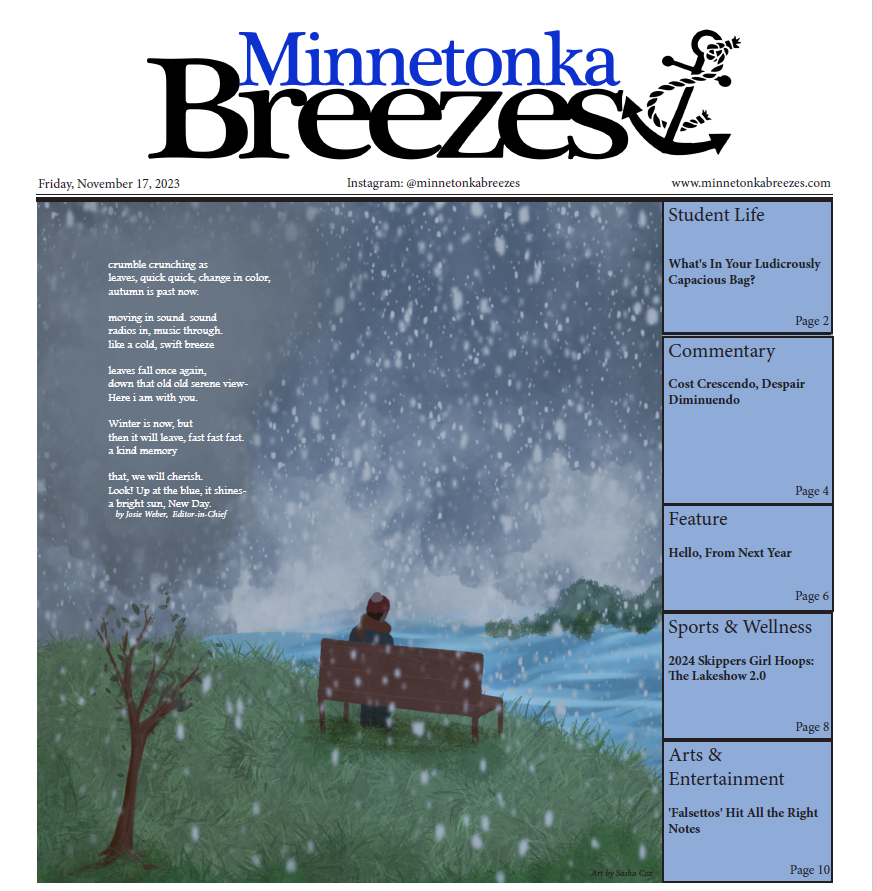Texting has been part of most students’ daily lives for years as an easy way to communicate with others, but has it impacted our writing skills? Beyond the standard Messages app, there are numerous apps that have this handy feature including Snapchat, Instagram, and WhatsApp. Many students prefer the ease and informality of texting over more “outdated” methods such as email and calling, which many tend to reserve for only formal or urgent occasions. Texting has proven to be revolutionary, and has changed how we stay in touch with people, but we may be getting too comfortable with it. As our dependence on constant contact has increased, many have developed shortcuts to optimize their texting. We often use abbreviations in texting conversations to make them more akin to the speed of in-person communication. Commonly used slang include “tbh” (to be honest), “fr” (for real), and “ur” (your and you’re), just to name a few.
Slang has been around since before the start of texting, but has become more widely used as texting has become more standardized. When reading texts, posts, or comments online, we become more used to seeing slang, and slowly incorporate it into our own vocabularies. Incorrect grammar and spelling are also much more accepted on online apps and websites where writing is more casual, than in essays and other academic assignments, where the writer is graded on proper style and grammar.
Kaavya Checka, ‘26, shared that she has grown accustomed to the many abbreviations that texting allows, and has caught herself using texting slang in her schoolwork. “I sometimes use ‘ur’ instead of your.” Many students rely on spellcheck to fix the shortcuts that have been integrated into their daily writing. Kaavya also noted that she’s “given up on trying to figure out which ‘there’ to use.” Constantly relying on autocorrect to fix our typos and translate our shorthand has led to many students, like Kaavya, being unsure of their writing skills and more dependent on technology to produce assignments and essays.
Many studies have been conducted to assess whether the constant use of texting has detrimental or positive effects on students’ writing skills. S. VShyam Sundar, a professor of communications and the co-director of Pennsylvania State University’s Media Effects Research Laboratory, conducted a study that showed that many students who use texting slang have worsened grammar and writing skills. However, Christopher Justice from the University of Baltimore believes that using abbreviated language in texting shows the creative ways people use language to be efficient.
Proven by the several studies conducted, a multitude of students at Minnetonka High School have noticed texting abbreviations working their way into academic work. While many debate the effects of texting on writing skills, the one thing we know for certain is that the texting shortcuts many students use daily have become increasingly ingrained within their vocabularies. Whether texting is beneficial or not is still disputed.





